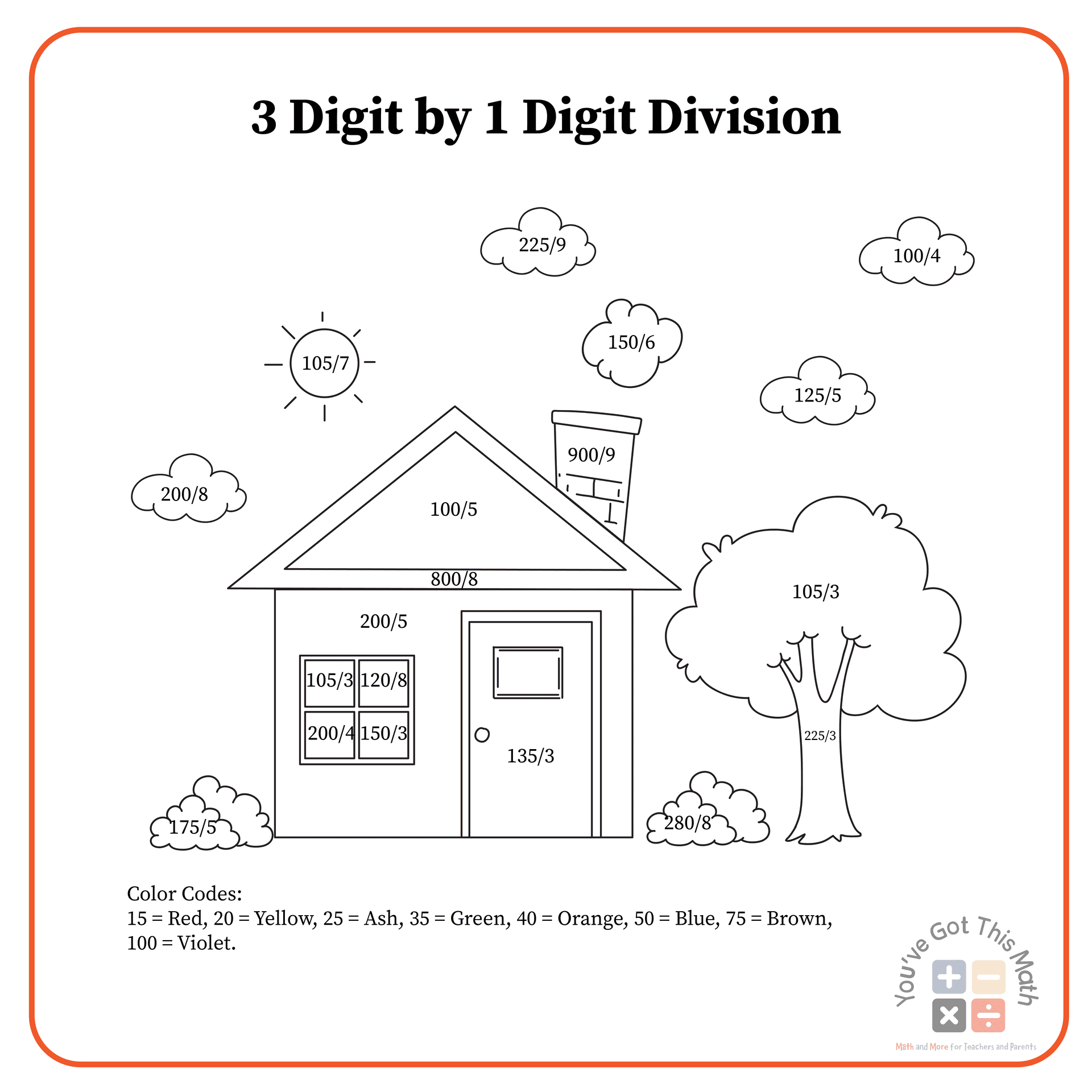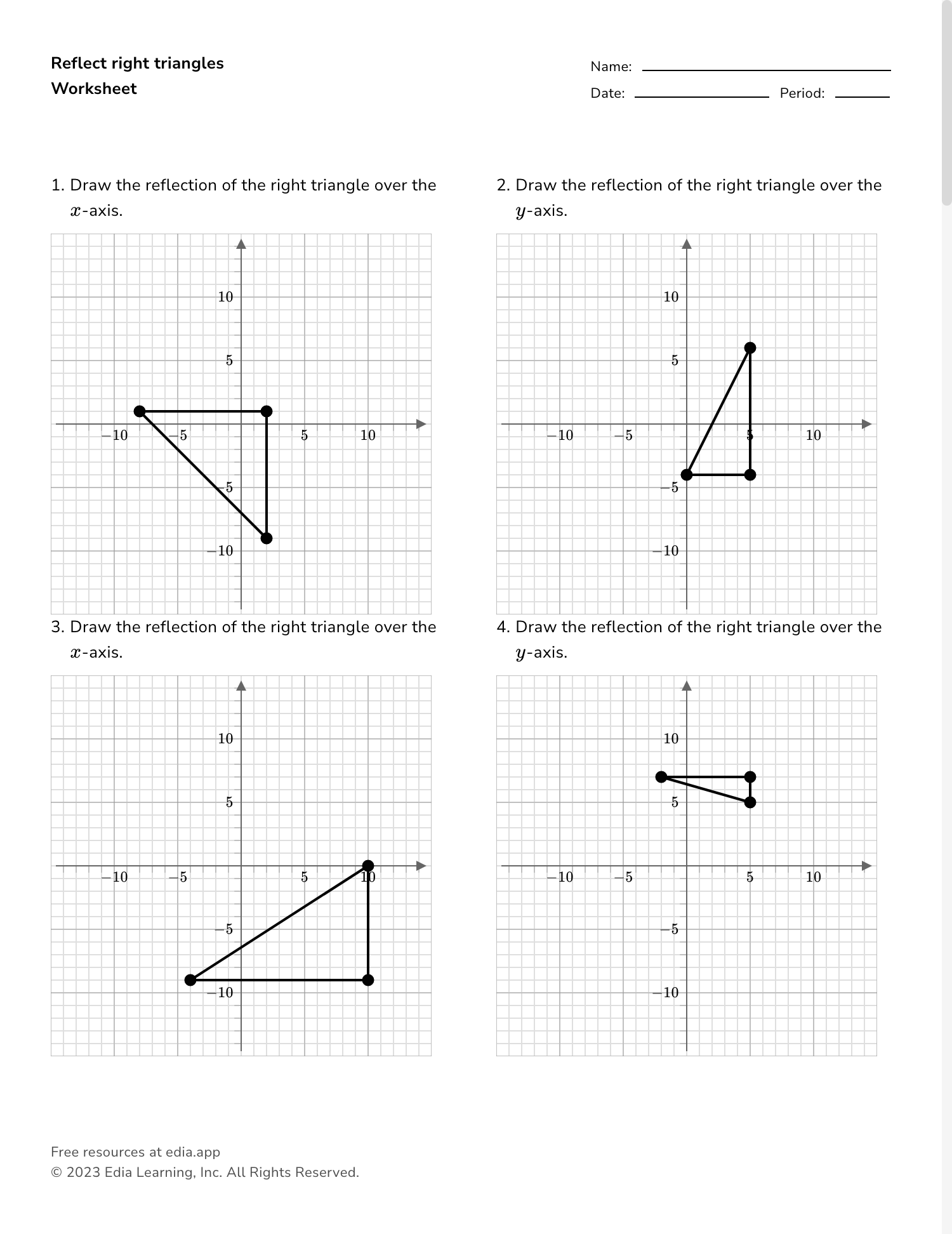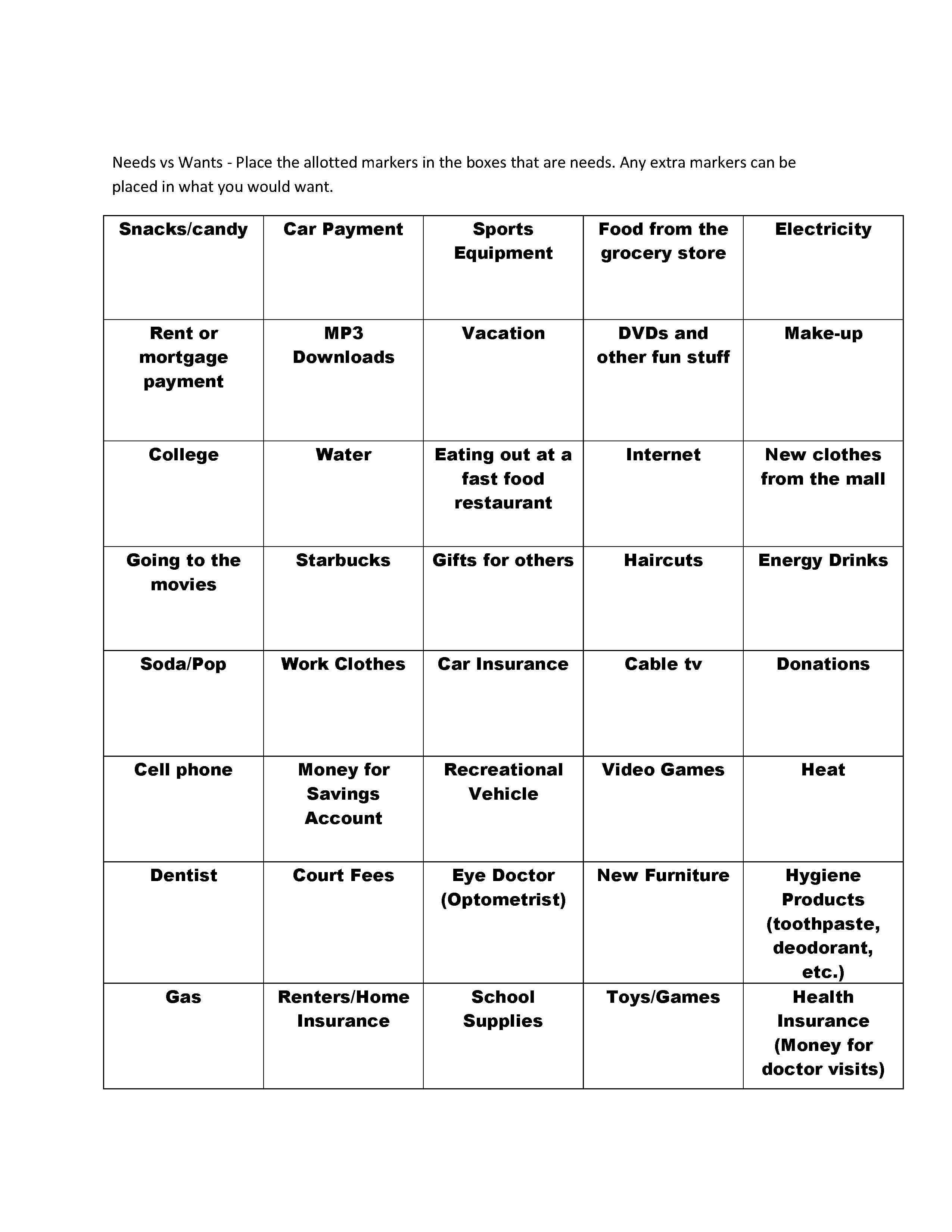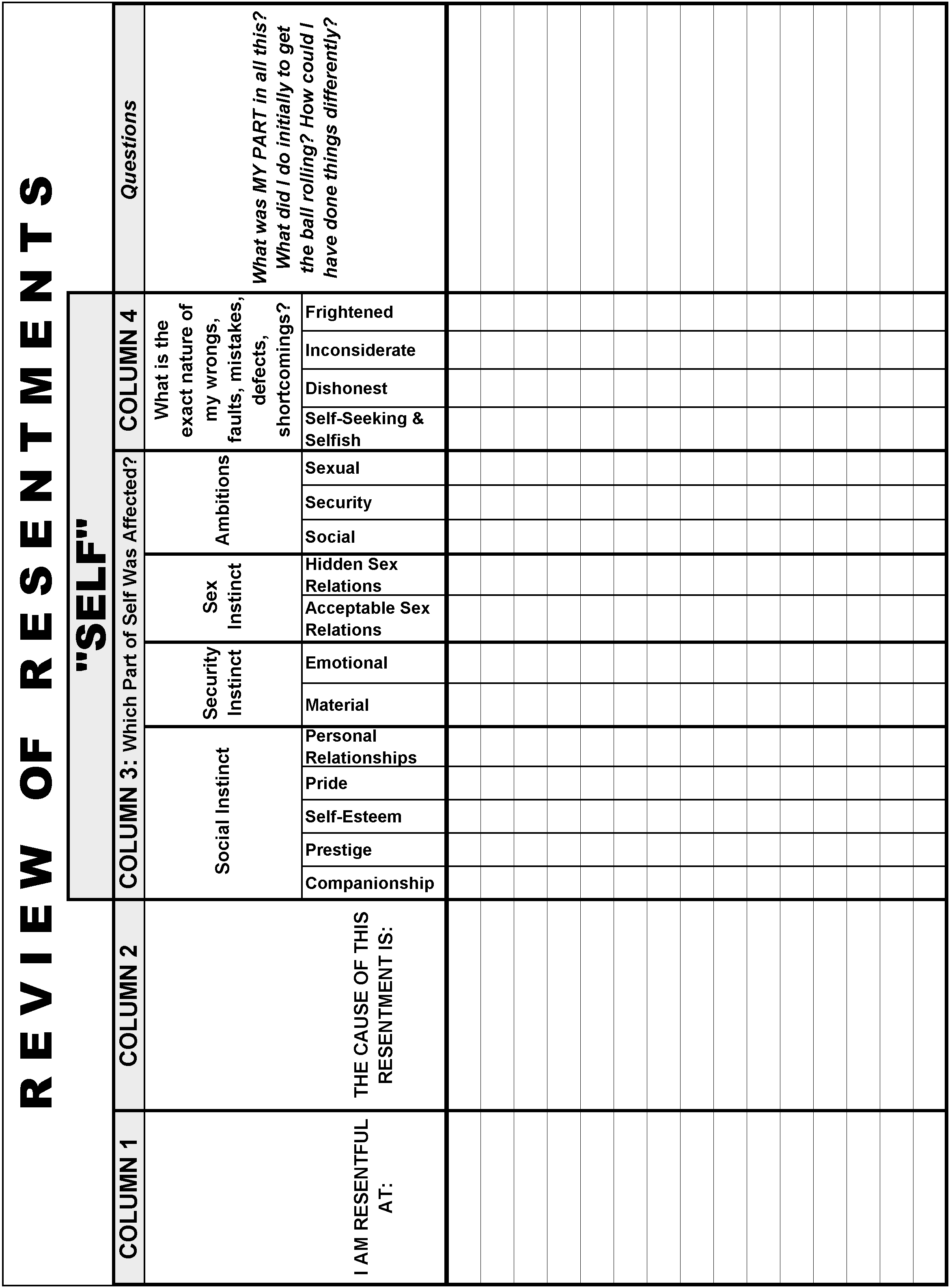5 Ways to Master Context Clues
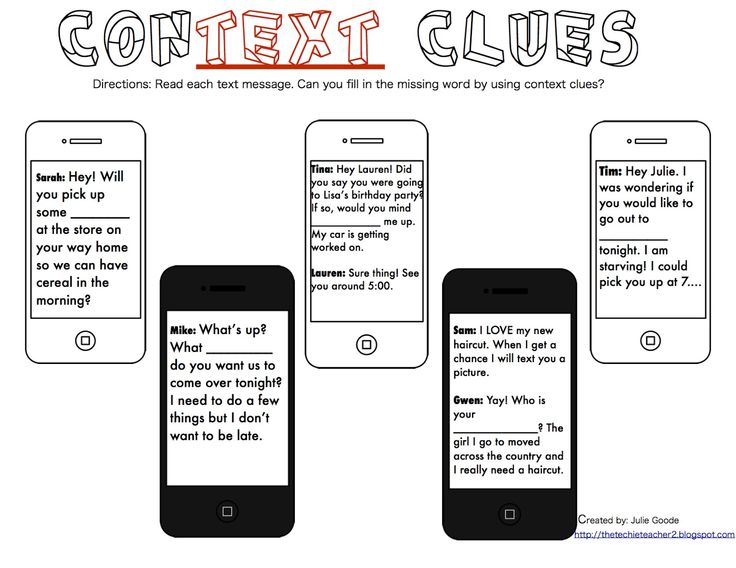
Understanding Context Clues: The Key to Unlocking Meaning
When reading a text, have you ever come across a word or phrase that you didn’t understand? Perhaps you’ve encountered a word that you’ve never seen before, or a phrase that seemed out of place. This is where context clues come in – the subtle hints that authors leave behind to help readers decipher the meaning of unfamiliar words or phrases. Mastering context clues is essential for effective reading comprehension, and in this article, we’ll explore five ways to do just that.
What are Context Clues?
Context clues are the surrounding words, phrases, or sentences that provide hints about the meaning of a particular word or phrase. They can be found in various forms, such as:
- Definition clues: The text explicitly defines the word or phrase.
- Synonym clues: The text uses a synonym or a word with a similar meaning.
- Antonym clues: The text uses an antonym or a word with an opposite meaning.
- Inference clues: The text requires the reader to make an educated guess about the meaning.
- Description clues: The text describes the word or phrase, helping the reader to understand its meaning.
5 Ways to Master Context Clues
Mastering context clues requires practice, patience, and persistence. Here are five ways to improve your skills:
1. Read Actively
Active reading is essential for identifying context clues. As you read, pay attention to the words and phrases that surround the unfamiliar term. Ask yourself questions like:
- What is the author trying to say?
- What is the main idea of the text?
- How does the unfamiliar word or phrase relate to the rest of the text?
By reading actively, you’ll be more likely to notice context clues and use them to your advantage.
2. Use Definition Clues
Definition clues are one of the most common types of context clues. When you encounter an unfamiliar word or phrase, look for a definition or explanation nearby. This can be in the form of a phrase like “that is” or “which means.”
📝 Note: Pay attention to transitional phrases, such as "in other words" or "that is," which often signal a definition clue.
3. Identify Synonym Clues
Synonym clues are another common type of context clue. When you encounter an unfamiliar word or phrase, look for a synonym or a word with a similar meaning nearby.
📝 Note: Be aware that synonyms may not always be exact, but they can provide a general idea of the word's meaning.
4. Make Inferences
Inference clues require you to make an educated guess about the meaning of a word or phrase. This involves using your prior knowledge and the context of the text to make a logical conclusion.
📝 Note: Inference clues can be more challenging than other types of context clues, but they're a great way to improve your critical thinking skills.
5. Use Visual Aids
Visual aids, such as diagrams, charts, and illustrations, can provide valuable context clues. These visual aids can help you understand complex concepts and relationships between ideas.
📝 Note: Don't overlook visual aids! They can be a powerful tool for understanding unfamiliar words and phrases.
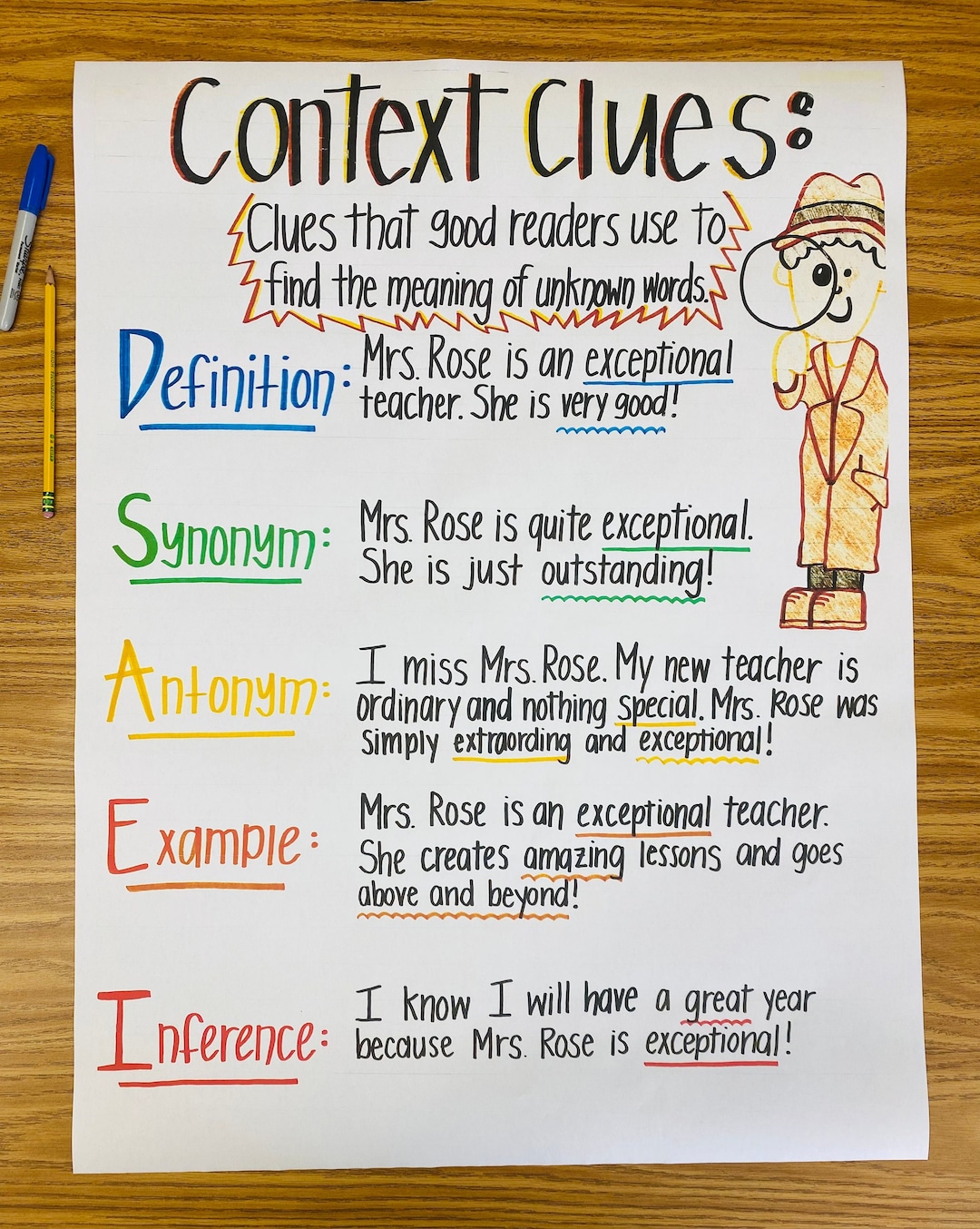
| Context Clue | Description |
|---|---|
| Definition Clue | The text explicitly defines the word or phrase. |
| Synonym Clue | The text uses a synonym or a word with a similar meaning. |
| Antonym Clue | The text uses an antonym or a word with an opposite meaning. |
| Inference Clue | The text requires the reader to make an educated guess about the meaning. |
| Description Clue | The text describes the word or phrase, helping the reader to understand its meaning. |
By following these five tips, you’ll be well on your way to mastering context clues and improving your reading comprehension skills.
In conclusion, context clues are a powerful tool for unlocking the meaning of unfamiliar words and phrases. By reading actively, using definition clues, identifying synonym clues, making inferences, and using visual aids, you’ll be able to decode even the most challenging texts. Remember to practice regularly and stay patient – mastering context clues takes time and effort, but the rewards are well worth it.
What are context clues?
+Context clues are the surrounding words, phrases, or sentences that provide hints about the meaning of a particular word or phrase.
Why are context clues important?
+Context clues are essential for effective reading comprehension, as they help readers understand unfamiliar words and phrases and make sense of the text.
How can I improve my context clue skills?
+You can improve your context clue skills by reading actively, using definition clues, identifying synonym clues, making inferences, and using visual aids.
